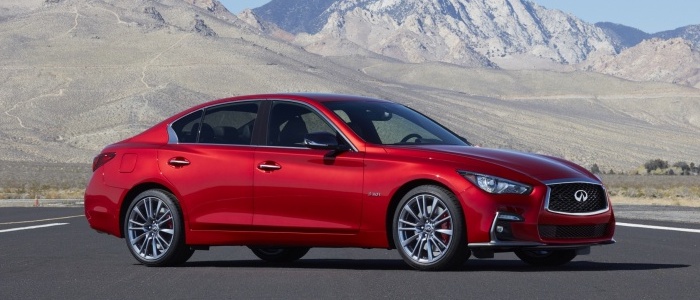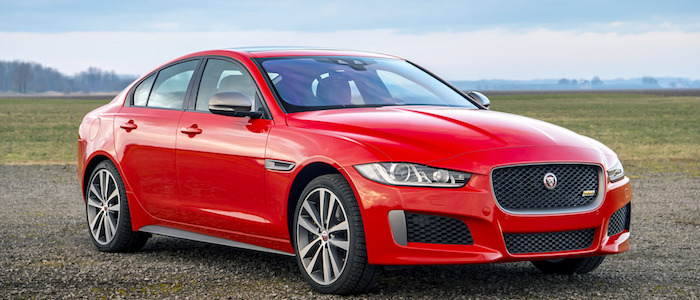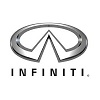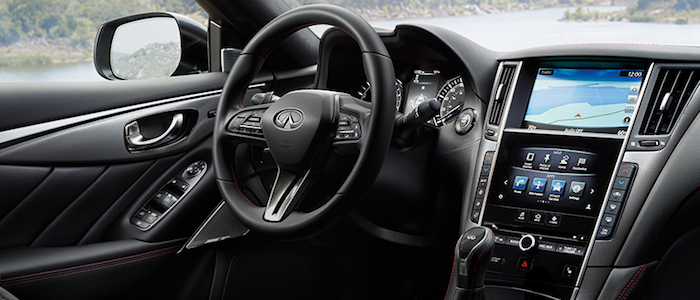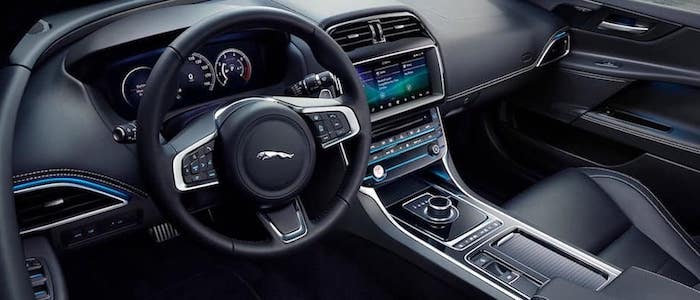Compare two cars
Compare any two cars and get our Virtual Adviser™ opinion
Dimensons & Outlines
Engine
2.1 OM651 DE22 LA
2.0 Ingenium 180
Performance (manual gearbox)
Performance (automatic gearbox)
Expenses
Virtual Adviser's™ opinion
Well, these are two pretty similar cars we have here! It's only details that could potentially make the difference. Considering they both belong to the large family car segment and utilize the same 4-door sedan body style and the rear wheel drive system, it all comes up to the specific diesel engine choice they offer. The first one has a Mercedes Benz-engineered powertrain under the hood, a 4-cylinder, 16-valves 170hp unit, while the other one gets its power and torque from a 4-cylinder, 16-valves 180hp engine designed by Jaguar.
SafetyThe first thing to look into here would be the results from European New Car Assessment Programme (Euro NCAP) tests performed on the two cars. Good thing is that both vehicles got tested, with the same number of safety stars gained in the process. Moving further on, let's take a closer look at some additional safety-related facts. Both vehicles belong to the large family car segment, which is generally a good thing safety-wise, still it doesn't help us solve our dilemma, does it? Furthermore, if we'd like to consider vehicle mass in this context too, which we definitely should, the Japanese car offers a marginal difference of 2% more metal.
ReliabilityManufacturers have been building their reliability reputation for decades now and, generally speaking, it appears that Infiniti does have a slight advantage, all the models observed together. That's the official data, while our visitors describe reliability of Infiniti with an average rating of 4.6, and models under the Jaguar badge with 4.2 out of 5. Unfortunatelly, I don't have enough insight that would allow me to comment in more details on the specific models level. That apart, owners of different cars powered by the same engine as the Japanese car rank it on average as 4.6, while the one under the competitor's bonnet gets 3.0 out of 5.
Performance & Fuel economyJaguar is a bit more agile, reaching 100km/h in 0.8 seconds less than its competitor. Still, it lacks the power to win the top speed competition, topping at 228 kilometers per hour, 3km/h less than the other car. When it comes to fuel economy the winner has to be the Japanese car, averaging around 4.3 liters of fuel per 100 kilometers (66 mpg), in combined cycle. We can't ignore that 14% difference compared to the British car.
Verdict
Infiniti appears just a bit more reliable, although the difference is truly marginal. The most important thing when deciding between any two vehicles should always be safety, both passive and active. In my opinion, everything taken into account, the Japanese car offers slightly better overall protection and takes the lead. When it comes to performance, both vehicles provide similar experience, so I wouldn't point any of them out. the Japanese car , on the other hand, consumps significantly less fuel, and that's a big plus. All together, there's not much more to say, in this case I wouldn't even consider anything but Infiniti. Anyway, that's the most objective conclusion I could've came up with and it's based solely on the information found on this website. Aspects such as design, practicality, brand value and driving experience are there for you to measure them out. I suggest you spend two more minutes in order to find out which car, based on your needs and budget, would be picked by the virtual adviser™, among more than 12.000 different ones in our database.























